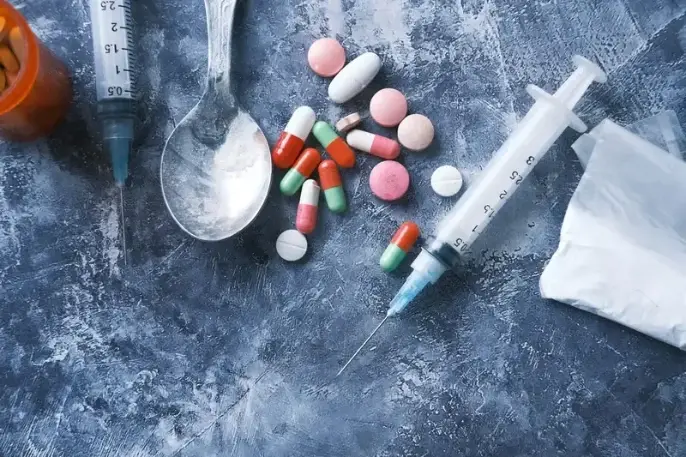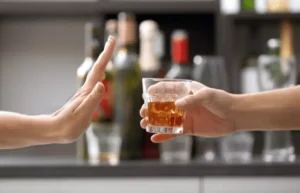Sober Living
Alcohol Withdrawal: Symptoms, Treatment & Timeline

The more you drink on a regular basis, the more you’re likely to be affected by withdrawal symptoms. To keep health risks from alcohol to a low level, the UK Chief Medical Officers (CMOs) advise it is safest not to drink more than 14 units a week on a regular basis. After two weeks of abstinence, the benefits of no longer drinking at harmful levels continue to become evident. These reduced cravings can help make it easier to stick to sobriety for the long-term.

Evoking calm: Practicing mindfulness in daily life helps

By your third week of abstinence, your blood pressure levels will become more healthy, potentially allowing you to discuss with your doctor the possibility of decreasing or even stopping blood pressure medications. People who chronically consume large amounts of alcohol are more likely to develop post-acute withdrawal syndrome (PAWS), says Crystal Avery, a licensed substance abuse clinician in New Hampshire. PAWS typically presents days after an individual stops drinking rather than immediately after alcohol use, and alcohol withdrawal symptoms are usually psychological and mood-related, often persisting after acute withdrawal symptoms have resolved. In general, the course of alcohol withdrawal is highly variable and somewhat unpredictable. Screening and assessment tools do not allow physicians to predict with confidence who will or will not experience life-threatening symptoms.
- According to the National Institute on Alcohol Abuse and Alcoholism (NIAAA), alcohol is the most commonly used substance in the United States, with over 75% of individuals aged 12 and older reporting lifetime consumption.
- Alcohol withdrawal (alcohol withdrawal syndrome) is a range of symptoms that can happen if you stop or significantly reduce alcohol intake after long-term use.
- When the neurotransmitters are no longer suppressed, but are used to working harder to overcome the suppression, they go into a state of overexcitement.
- Withdrawalmanagement should not be conceptualized as a discreteclinical service, but rather as a component of the processof initiating and engaging patients in treatment for alcoholuse disorder.
- Some people may relapse, or drink alcohol again, to relieve the symptoms.
Treatment / Management
For many, the first day of abstinence usually follows a day of very heavy alcohol consumption—either a binge or a multi-day bender. If you’re planning on decreasing your dependence on alcohol, consult your doctor. They can recommend inpatient or outpatient care, depending on your current health status. Contact your doctor right away if you’re concerned about the symptoms you’re experiencing during alcohol withdrawal.
You May Feel Happier
If you’re receiving inpatient treatment, your doctor may perform toxicology screens more than once to monitor your alcohol levels. Alcohol causes you to produce excessive amounts of urine, leading to dehydration. If you’ve been drinking for a while, you will probably be surprised by how much being sufficiently hydrated improves your health. Chronic https://ecosoberhouse.com/ dehydration can affect how you feel, how your skin looks, your hair quality and your overall well-being. The effects of being well-hydrated will continue to build, having more positive results as you continue sobriety.
- Alcohol withdrawal can range from very mild symptoms to a severe form, known as delirium tremens.
- “I got through day one with hot and cold spells, increased pulse, high blood pressure, and headaches. My jaws hurt as well, but possibly that’s from tension. Already, I feel better and hope every day continues that way.”
- They will become less intense, and symptoms will disappear one by one.
- New benefits will also become noticeable as you put withdrawal behind you.
Seizures, Panic, and More Insomnia
Genetic, psychological, social and environmental factors can impact how drinking alcohol affects your body and behavior. Theories suggest that for certain people drinking has a different and stronger impact that can lead to alcohol use disorder. Alcohol withdrawal syndrome is a set of symptoms that occur when someone who is physically dependent upon alcohol suddenly stops drinking or drastically reduces their alcohol intake.
- “Still having cravings and thinking a lot about drinking. I’m so exhausted, though, and nauseated, I would probably get sick if I had a drink. I have noticed the cravings for sugar. Raw sugar snap peas take the edge off that.”
- “I feel great! A few cravings every day, but I tell myself how bad it was to detox cold turkey, and how good I feel now. I am actually getting things done in my life that I was putting off because I was always drunk.”
- If you’re receiving inpatient treatment, your doctor may perform toxicology screens more than once to monitor your alcohol levels.
- “Spent day in ER, heart rate of 160, dehydrated, and generally just sick. Shaking so bad I couldn’t walk. Anxiety attack that convinced me I was having a stroke.”
- However, as the first day continues and hangover symptoms subside, actual alcohol withdrawal symptoms set in, especially for daily drinkers.
- Contact your doctor right away if you’re concerned about the symptoms you’re experiencing during alcohol withdrawal.
- People who experience severe withdrawal symptoms or DTs may require hospitalization or intensive care unit (ICU) treatment during alcohol.
